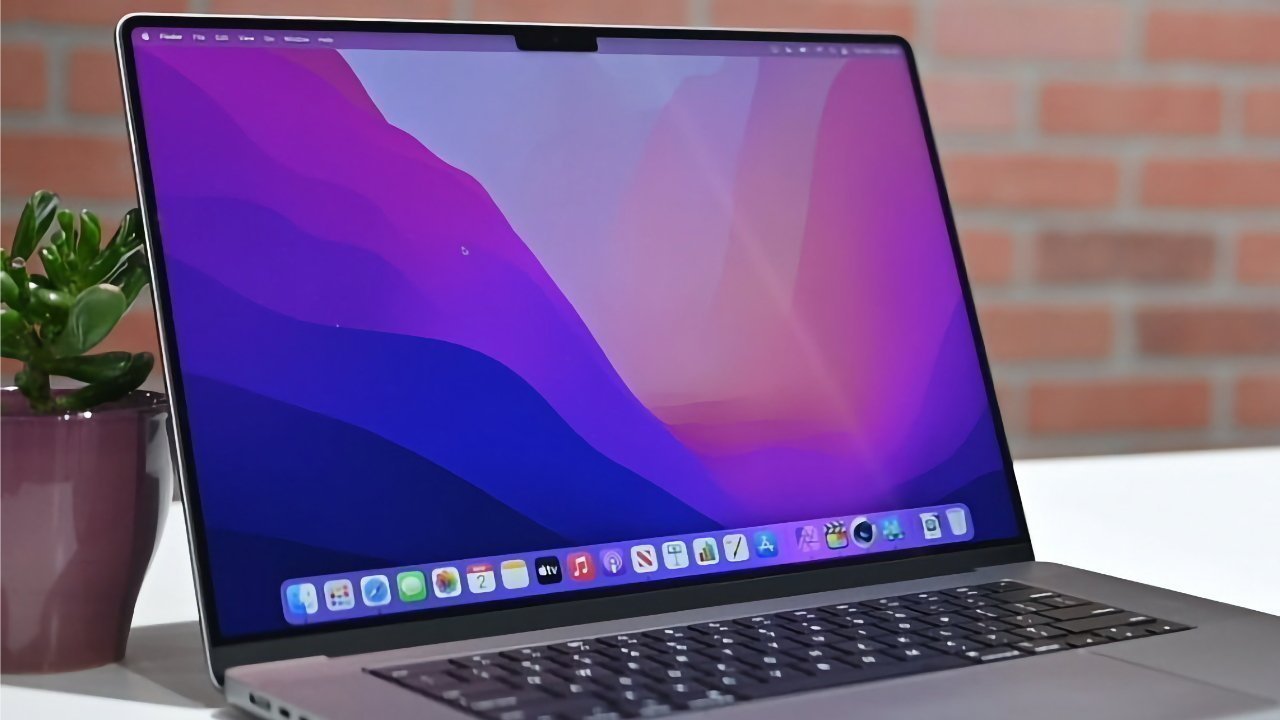In a significant development, the Paris public prosecutor’s office has initiated an investigation into Apple’s voice assistant, Siri, focusing on allegations of unauthorized voice recording and data processing practices. This probe, led by the Office for Combating Cybercrime, stems from a complaint filed by the French human rights organization, Ligue des Droits de l’Homme (LDH), and is based on testimony from whistleblower Thomas Le Bonniec, a former contractor who worked on Siri recordings for Apple in Ireland.
Background of the Allegations
The controversy dates back to 2019 when it was revealed that Apple had been sending recordings from Siri to third-party contractors for quality control purposes. Le Bonniec, who was employed by Globe Technical Services in Ireland, disclosed that he and other contractors were tasked with listening to and transcribing thousands of Siri recordings daily. These recordings often included sensitive personal information, such as medical discussions, intimate conversations, and even interactions involving children. Notably, many of these recordings were captured inadvertently, as Siri could be activated accidentally without the user’s knowledge.
Le Bonniec’s revelations highlighted that analysts were encouraged to classify these recordings as intentional, thereby increasing the volume of data processed without users’ explicit consent. This practice raised significant concerns about privacy violations and the potential breach of the General Data Protection Regulation (GDPR), which mandates informed consent for data collection and processing.
Legal Actions and Investigations
In February 2025, the LDH filed a complaint against Apple, accusing the company of violating privacy rights through non-consensual recordings via Siri. The complaint emphasized that Apple’s practices were deceptive and in direct violation of GDPR regulations. Despite previous attempts to bring these issues to the attention of data protection authorities, including France’s Commission Nationale de l’Informatique et des Libertés (CNIL) and Ireland’s Data Protection Commission, no substantial investigations were conducted at that time.
The current investigation by the Paris prosecutor’s office aims to address these longstanding concerns. It seeks to determine the extent of the recordings made since 2014, the number of individuals affected, and the locations where Apple stores this data. The probe also intends to assess whether Apple’s data processing practices align with GDPR requirements and whether users were adequately informed about how their data was being used.
Apple’s Response and Previous Settlements
In response to these allegations, Apple has consistently maintained that it prioritizes user privacy. The company asserts that Siri data has never been used to create marketing profiles, shared for advertising purposes, or sold to any third party. Apple emphasizes that its data collection practices are designed to improve Siri’s functionality and that users have the option to opt-in for data sharing to enhance the service.
Notably, in January 2025, Apple agreed to a $95 million settlement in a class-action lawsuit in the United States. The lawsuit accused the company of eavesdropping on users’ private conversations through unintended activations of Siri on devices such as iPhones, iPads, and HomePods. Despite the settlement, Apple denied any wrongdoing or liability, stating that the agreement was reached to avoid prolonged litigation. The settlement included provisions for compensating affected U.S. device owners and required Apple to confirm the deletion of any inadvertently recorded voice data.
Implications and Broader Context
The French investigation into Siri’s voice recording practices underscores the growing global scrutiny of tech companies’ data collection methods and their compliance with privacy regulations. If the investigation finds that Apple violated GDPR provisions, the company could face substantial fines, potentially amounting to up to 4% of its annual global revenue. Such penalties would not only have financial implications but could also impact Apple’s reputation and its commitment to user privacy.
This case also highlights the broader issue of how voice assistants and other AI-driven technologies handle user data. As these technologies become increasingly integrated into daily life, ensuring transparency, obtaining informed consent, and adhering to data protection laws are paramount. The outcome of this investigation could set a precedent for how similar cases are handled in the future and may prompt other tech companies to reevaluate their data processing practices to ensure compliance with privacy regulations.
Conclusion
The initiation of this investigation by French authorities marks a significant step in addressing concerns about privacy violations associated with voice assistants like Siri. As the probe unfolds, it will be crucial to monitor how Apple responds and whether any changes are implemented to enhance user privacy and data protection. This case serves as a reminder of the importance of transparency and accountability in the tech industry, particularly concerning the handling of sensitive user data.



